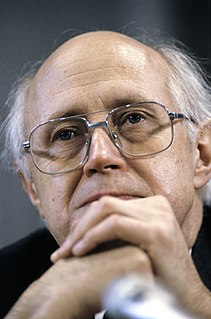A Quote by Giles Andreae
What's the function of poetry? It's to express general truths, to connect with the reader and make him think: 'Wow, I've experienced that, but you've expressed it so much better.'
Related Quotes
The general ideas which are expressed in sketches, correspond very well to the art often used in poetry... every reader making out the detail according to his own particular imagination... but a painter, when he represents Eve on canvas, is obliged to give a determined form, and his own idea of beauty distinctly expressed.
You know I think so many of us live outside our bodies. My dream is that people will find a way back home, into their bodies, to connect with the earth, to connect with each other, to connect with the poor, to connect with the broken, to connect with the needy, to connect with people calling out all around us, to connect with the beauty, poetry, the wildness.
My dream is that people will find a way back home, into their bodies, to connect with the earth, to connect with each other, to connect with the poor, to connect with the broken, to connect with the needy, to connect with people calling out all around us, to connect with the beauty, poetry, the wildness.
I have found that sharing this very intimate part of my life has been really powerful, because it has brought support from people I wasn't expecting. It's cathartic on many different levels. As I get older, I realize it's so much better to connect with people. It makes everything better to connect. Only connect. Why not have my art be about that? I think of it as moving from the third person to the first.
The analytical writer observes the reader as he is; accordingly, he makes his calculation, sets his machine to make the appropriate effect on him. The synthetic writer constructs and creates his own reader; he does not imagine him as resting and dead, but lively and advancing toward him. He makes that which he had invented gradually take shape before the reader's eyes, or he tempts him to do the inventing for himself. He does not want to make a particular effect on him, but rather enters into a solemn relationship of innermost symphilosophy or sympoetry.







































